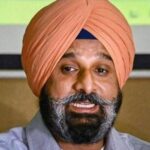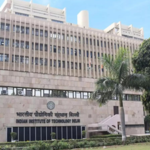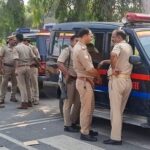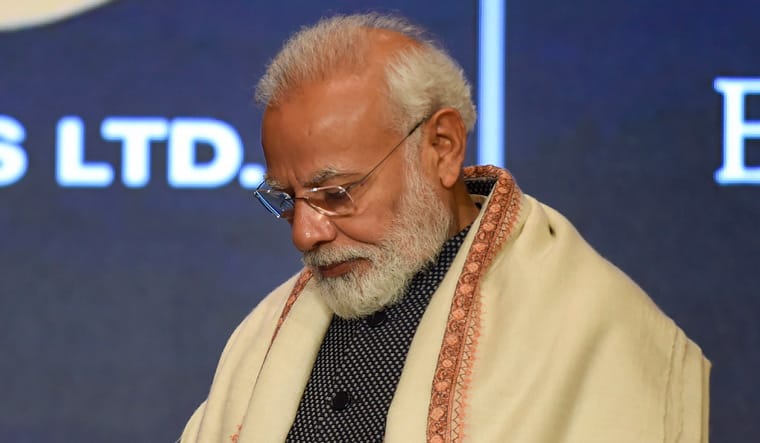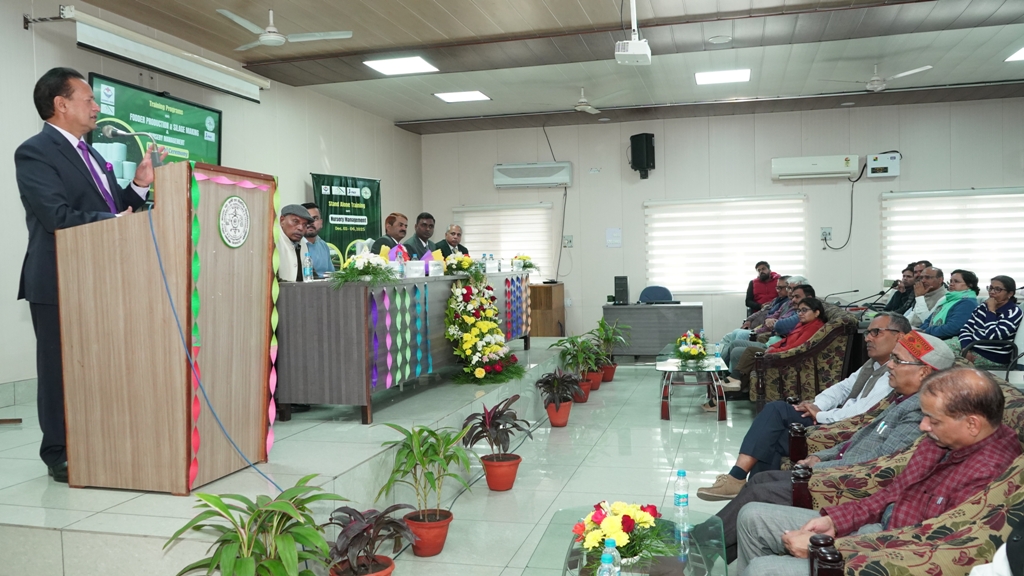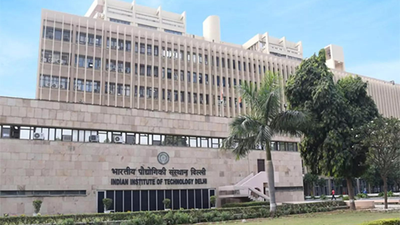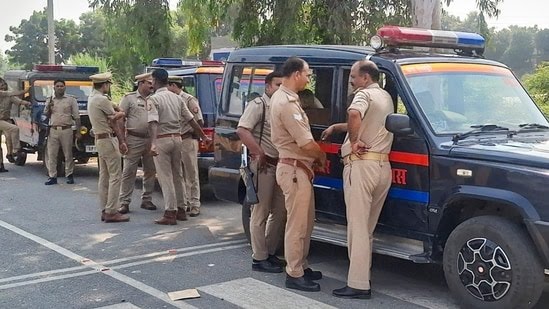Himalaya Harbinger, National Bureau
Many foreign observers are confident that Prime Minister Narendra Modi is poised to win a third term. However, it’s not a foregone conclusion that Mr. Modi will lose the election, which entered its fourth of seven phases on Monday, despite compelling indicators suggesting he might. The assumption of his defeat is based on broad headcounts computed by experienced analysts.
On the other hand, there is a persistent assertion from pro-Modi media channels, often accompanied by communal insinuations from anchors, that he will secure over 400 seats. This would amount to a two-thirds majority, enabling him to change the constitution. Psephologist Prashant Kishore’s assessment adds weight to the claim of a Modi victory, suggesting the BJP could become the single largest party in West Bengal and Odisha. Kishore also believes the BJP could make inroads in Tamil Nadu or at least achieve double-digit vote shares in the state. While promising for Modi, Kishore’s predictions have been met with mixed success in the past.
We can discuss both sides and draw our respective conclusions. The critical question is whether Mr. Modi would accept defeat if it comes. Or would he, like Donald Trump, incite a frenzy upon losing? Many variables affect the election’s outcome, especially since publishing exit poll findings is banned until the final vote is cast. Exit polls are due on June 1, but their accuracy remains uncertain. Thus, we must await the final outcome on June 4.
Let’s consider the perspective of Yogendra Yadav, a former psephologist who recently joined Rahul Gandhi’s cross-country unity march for democracy. In a TV analysis on Monday, after visiting key battleground states and noting the relatively low voter turnout, Yadav stated that Mr. Modi was likely to lose. “Election karvat le raha hai,” he said, meaning the election is changing course. This sentiment is echoed by YouTube channels observing the elections from the ground, in stark contrast to mainstream TV channels that have already declared a victory for Mr. Modi. Bunching together the states in contention, including those where the BJP performed exceptionally well in 2019, Yadav anticipates losses for Modi. He points out that in states like Gujarat, Rajasthan, Haryana, and Delhi, where the BJP had near-total victories, there is no room to increase the tally. The bulk of Modi’s potential losses are expected from Maharashtra and Bihar, according to Yadav.
In Maharashtra, where Modi severed ties with the Shiv Sena and formed a state government with a splinter group, the BJP secured 41 of 48 seats in 2019. Without the support of Thackeray’s Shiv Sena, Yadav predicts a loss of at least 20 seats. In Bihar, where Chief Minister Nitish Kumar frequently switches alliances, the BJP and Kumar’s party won 39 of 40 seats in the last election. Yadav estimates a loss of 15 seats here.
Modi’s tally could also diminish by 10 seats in Congress-ruled Karnataka, where the BJP had 26 of 28 seats in 2019. In West Bengal and the northeastern states, Yadav forecasts a loss of 10 seats, which contradicts Kishore’s predictions. In Uttar Pradesh and Uttarakhand, where the BJP held 69 seats jointly, Yadav expects a loss of 15 seats. Conversely, the BJP could gain five seats in Tamil Nadu, Kerala, and Telangana, and 10 from Andhra Pradesh, where it has an alliance with a local party. Overall, Modi and his allies could land 268 seats, four short of a majority.
Considering both scenarios of Modi winning or losing, Nilanjan Mukhopadhyay, author of a best-selling biography of Modi, highlights factors that could hurt Modi. “Reduced turnout, near absence of the famed cadre of the Sangh Parivar, lackluster campaign by Modi, and the need to resort to divisive and communal rhetoric all suggest the Modi script of 2024 has gone awry.” Despite Yadav’s headcount, if Modi wins a third term cleanly, it will be a significant victory. But what if he loses?
Parakala Prabhakar, author of a best-selling critique of Modi and husband of Finance Minister Nirmala Sitharaman, believes the BJP might attempt to manipulate the election results. The party has too many skeletons in the cupboard that could tumble out, especially with the centenary of the Rashtriya Swayamsevak Sangh (RSS) in 2025. The RSS wouldn’t want to miss celebrating while in power. Yet, some analysts claim it is the RSS that might be hesitant to ensure a decisive victory for Modi. Prabhakar argues that the regime has compromised the role of the Supreme Court in selecting and appointing election commissioners. Whether these government-appointed commissioners will act impartially remains speculative.
Modi has taken measures such as freezing the bank accounts of the Congress party and imprisoning two chief ministers to weaken the opposition. The Supreme Court’s interim bail for Delhi Chief Minister Arvind Kejriwal has prevented the opposition’s weakening further. This situation strengthens Prabhakar’s concerns.
“There is every likelihood that the current dispensation will do everything to manipulate this election. Unlike earlier general elections, this one might not conclude with the polling on June 1 and the declaration of results on June 4.”

